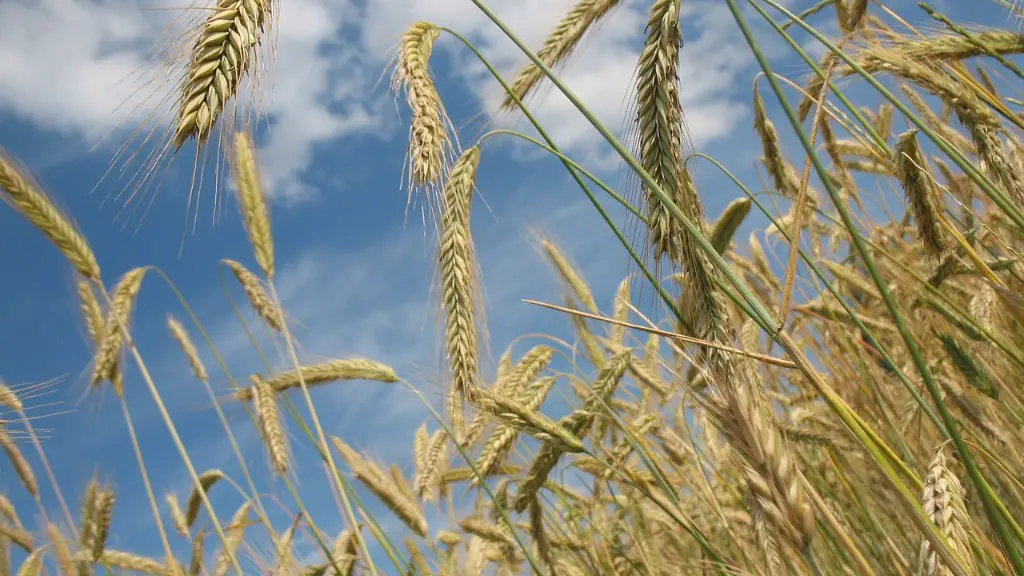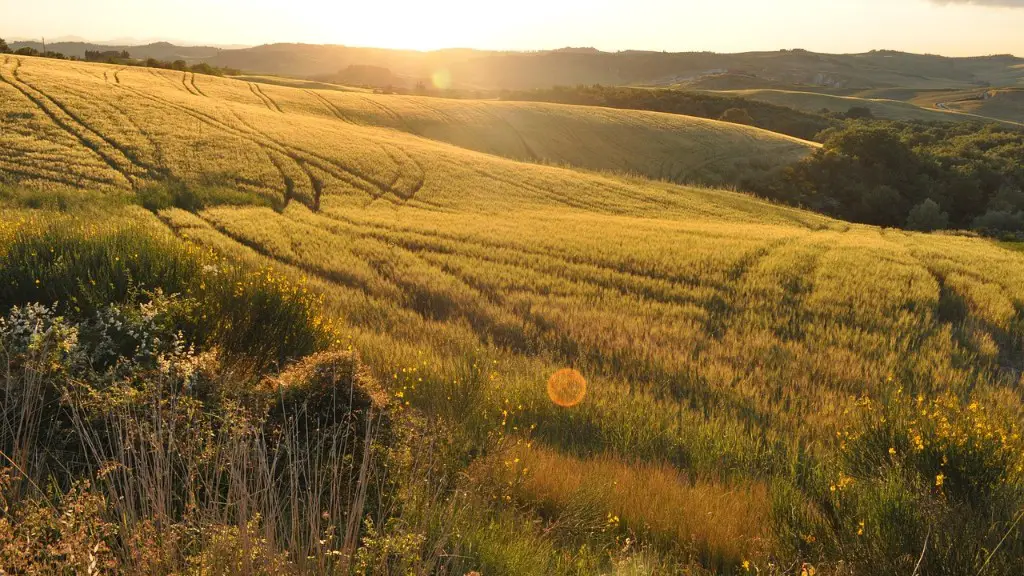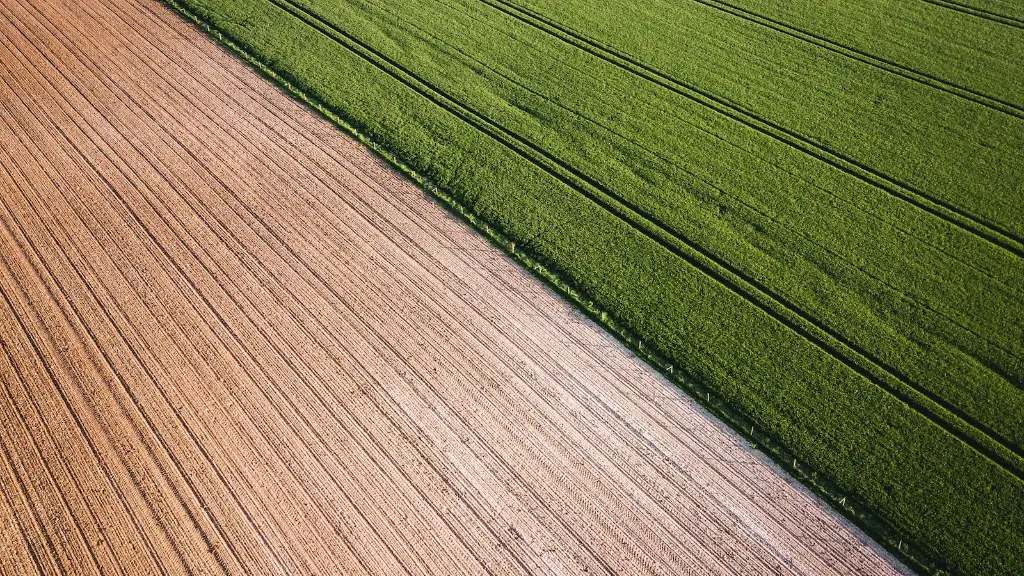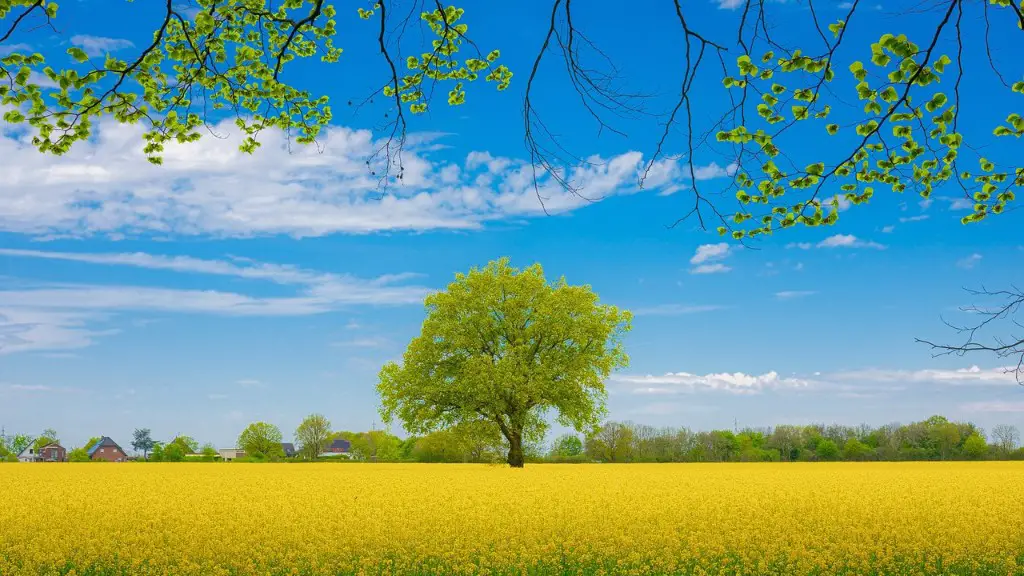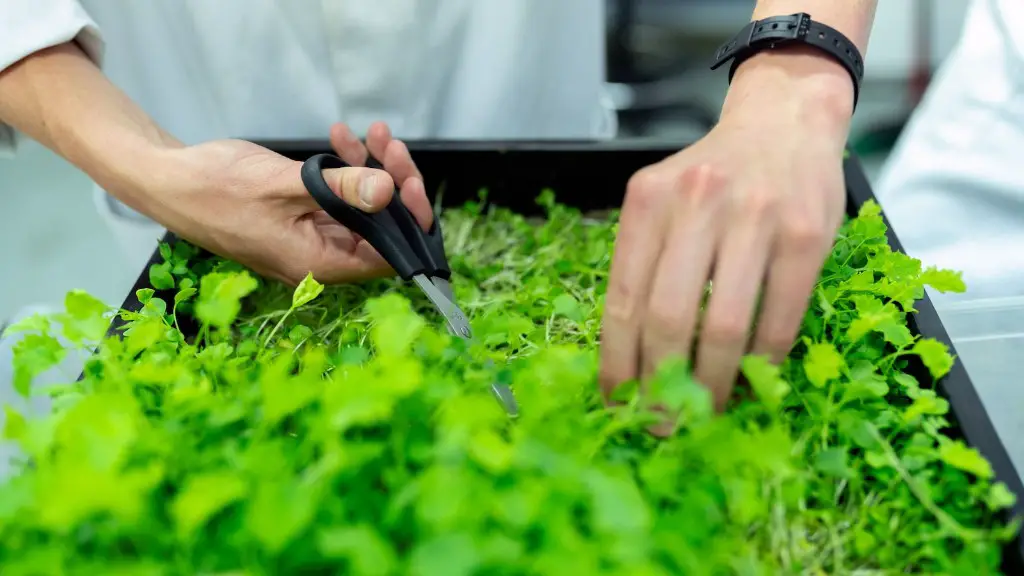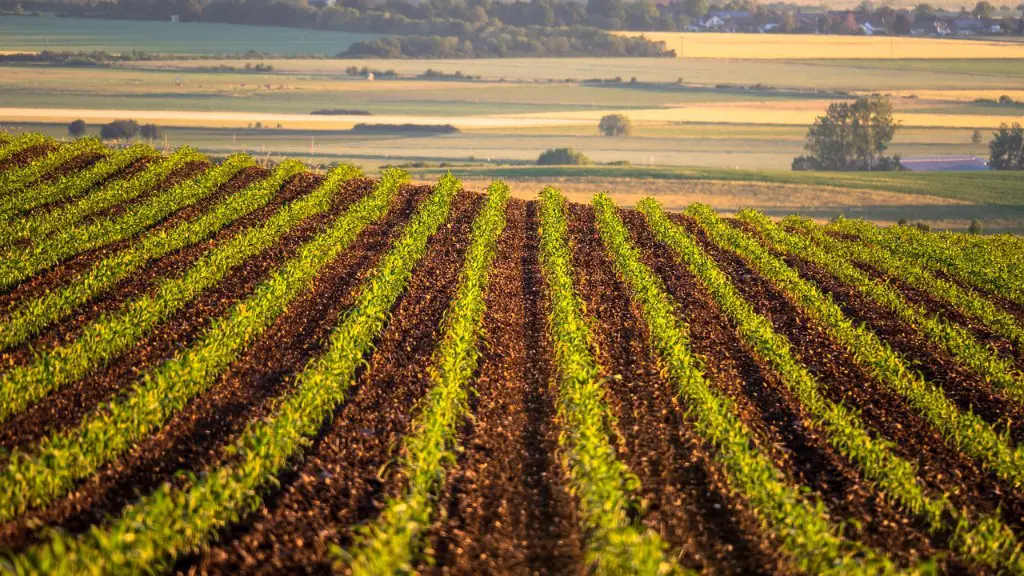The goddess of grain and agriculture is Demeter. She is the goddess of cultivate land and harvest. In ancient Greece, she was worshiped as the goddess of fertility.
The goddess of grain and agriculture is Demeter.
Who is the Roman goddess of grain and agriculture?
Ceres is an important goddess in ancient Roman religion. She is associated with agriculture, grain crops, fertility, and motherly relationships. She is the only one of Rome’s agricultural deities to be listed among the Dii Consentes, Rome’s equivalent to the Twelve Olympians of Greek mythology.
Demeter is the goddess of agriculture and grain. She is responsible for the growth of plants and fruits, and for the fertility of the earth. Her Roman name is Ceres, which is where we get the word “cereal” from. Demeter is often portrayed as a beautiful woman, with a cornucopia, or a basket of fruit and flowers.
Which goddess is associated with grain or wheat
Demeter was an important goddess in Ancient Greece. She was the goddess of agriculture, grain, and bread. She was responsible for sustaining mankind with the earth’s bounty. Demeter also presided over the Mystery Cults, which promised its initiates a blessed afterlife in the realm of Elysium.
Demeter was the Ancient Greek goddess of the harvest. She was a very important goddess to Ancient Greek people, who farmed a lot of their food. Demeter had a kind and beautiful daughter, called Persephone, who she loved very much.
Who is the Egyptian god of the grain?
Neper was an important god in ancient Egyptian religion, as he was associated with grain. His female counterpart was Nepit, and his consort may have been Tayt, the goddess of weaving. Neper was responsible for the fertility of the land, and was thus an important figure in Egyptian agriculture.
Renenutet was a goddess of nourishment and the harvest in the ancient Egyptian religion. The importance of the harvest caused people to make many offerings to Renenutet during harvest time. Initially, her cult was centered in Terenuthis.
Who is the God goddess of harvest?
Demeter was a highly important goddess in Greek mythology, as she was responsible for the growth and harvesting of all plants and grains. This made her a powerful figure who could sustain life through her ability to provide food. In particular, Demeter was known for her role in the growth of cereal grains, which were a vital part of the Greek diet.
There are many goddesses and gods associated with grain and agriculture. Shennong is a Chinese goddess who is said to have created the rose. Ashnan is a Mesopotamian goddess of grain. Dagon is an Assyro-Babylonian god of grain and fishing. Nidaba is a Sumerian goddess of the harvest.
Who is the harvest goddess
Demeter is an important goddess for many reasons. Not only is she the goddess of harvest and agriculture, but she is also responsible for the cycle of life and death. She is credited with creating the seasons, which was a result of her daughter, Persephone, being stolen by Hades. Demeter is a powerful goddess who is revered by many.
Annanpurna is the Hindu goddess of food and nourishment, and is known as the Incarnate of Parvati. It is said that she can provide food to the whole world and is always full of food. She is also known as the Annada or Annapoorna.
Who is the goddess of cereal?
Ceres was an important goddess to the ancient Greeks, as she was responsible for the harvest and for teaching humans how to grow and preserve grain. She was often depicted with a bunch of wheat or a cornucopia, symbolizing her role in the agricultural cycle.
The goddess Ceres was the Roman goddess of agriculture and grain. She was also associated with the Greek goddess Demeter, and took on many of her attributes and myths. The word cereal comes from Ceres’ name. Today, the dwarf planet Ceres, the largest asteroid, is also named for the goddess.
Who is the Roman goddess of food
Ceres was the Roman goddess of the growth of food plants, and was worshiped either alone or in association with the earth goddess Tellus. At an early date, her cult was overlaid by that of Demeter, who was widely worshiped in Sicily and Magna Graecia.
Priapus is the Greek god of fertility, protector of gardens and bee hives, and symbol of virility. He is typically shown as a small man with a large penis, wearing a Phrygian cap and carrying a basket of fruit. Priapus was believed to bestow good luck and abundance on those who honored him, and was sometimes invoked to ward off evil beings.
Who is the goddess of soil?
Demeter was an important goddess in Greek mythology, representing the agricultural bounty of the land. She was the sister of Zeus and mother of Persephone, and she presided over the cycle of life and death. Demeter was a popular figure in Greek art, and her cult was widespread in the ancient world.
Demeter was one of the most important goddesses in ancient Greek religion and mythology. She was the goddess of the harvest and agriculture, presiding over crops, grains, food, and the fertility of the earth. Demeter was also the goddess of marriage and family.
What is the Egyptian word for grain
Kamut is an ancient Egyptian grain that has been making a comeback in recent years. This ancient grain is a relative of wheat, and is said to be more nutritious and easier to digest than modern wheat. Kamut is high in protein and fiber, and is a good source of vitamins and minerals.
Isis was an important goddess in Ancient Egyptian religious beliefs. She was known as the goddess of healing and magic and was often referred to by her Greek name, Isis. Isis was known for her ability to heal the sick and protect the vulnerable. She was also known for her role in the afterlife, where she would help the dead to find their way to the underworld. Isis was a popular goddess and was often depicted in art and literature.
Final Words
The goddess of grain and agriculture is Demeter.
The goddess of grain and agriculture is Demeter. She is the one who provides the crops that sustain life. She is also responsible for the seasons, making sure that there is a time for growth and a time for rest. Demeter is a kind and generous goddess, but she can also be fierce when necessary.
